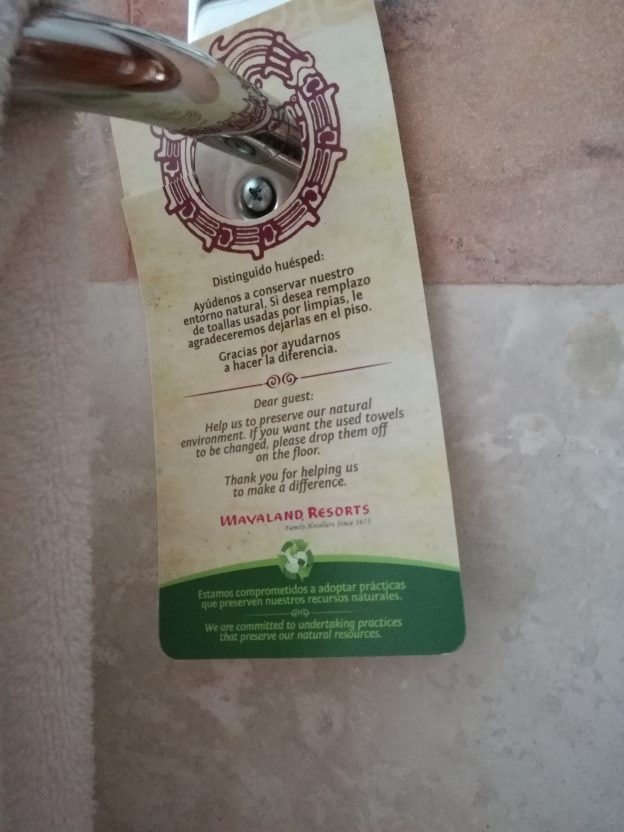There have been major changes in my lifetime. My phone used to be attached to a wall in the hallway of the house I grew up in, for example, whereas now I don’t even have a landline. Technology facilitates changes in behaviour, so that what was once commonplace becomes rapidly antiquated.
At Vesta Smart Packaging, we are trying to facilitate one such change. Our packages monitor and report how full they are, reordering automatically. They will change the way that people and businesses shop for day-to-day essentials, so that we can cut single-use plastic out of the supply chain. It is an intimidating challenge, but we are encouraged by examples of changes made by other businesses which have had a major environmental impact (whether they intended it or not).
On a recent holiday, I saw the now-ubiquitous sign asking that the towels in the hotel be reused. All over the world, hotels now use these signs to save countless millions of unnecessary washes. And it feels like it happened overnight. A simple confluence of ideas that improved efficiency and helped the environment was enough to affect global change.
Later that evening, I watched a couple of episodes on Netflix, and was struck for the first time by the environmental impact that it and other streaming services have had. DVD sales, and trips to rental shops, have declined massively – almost completely in the latter case – and the plastic savings must be enormous. But it was never intended that way. Streaming services offered convenience, and choice, and almost immediately eradicated the old way of watching films on hard copy, which has gone from commonplace to exceptional.
The adoption and usage of smart packaging to cut single-use plastic in supply chains will be a similarly massive change. However, as we develop our product – combining convenience for consumers and efficiency for businesses, these two simple examples provide much needed encouragement, and demonstrate that behavioural change at this scale is eminently possible.
